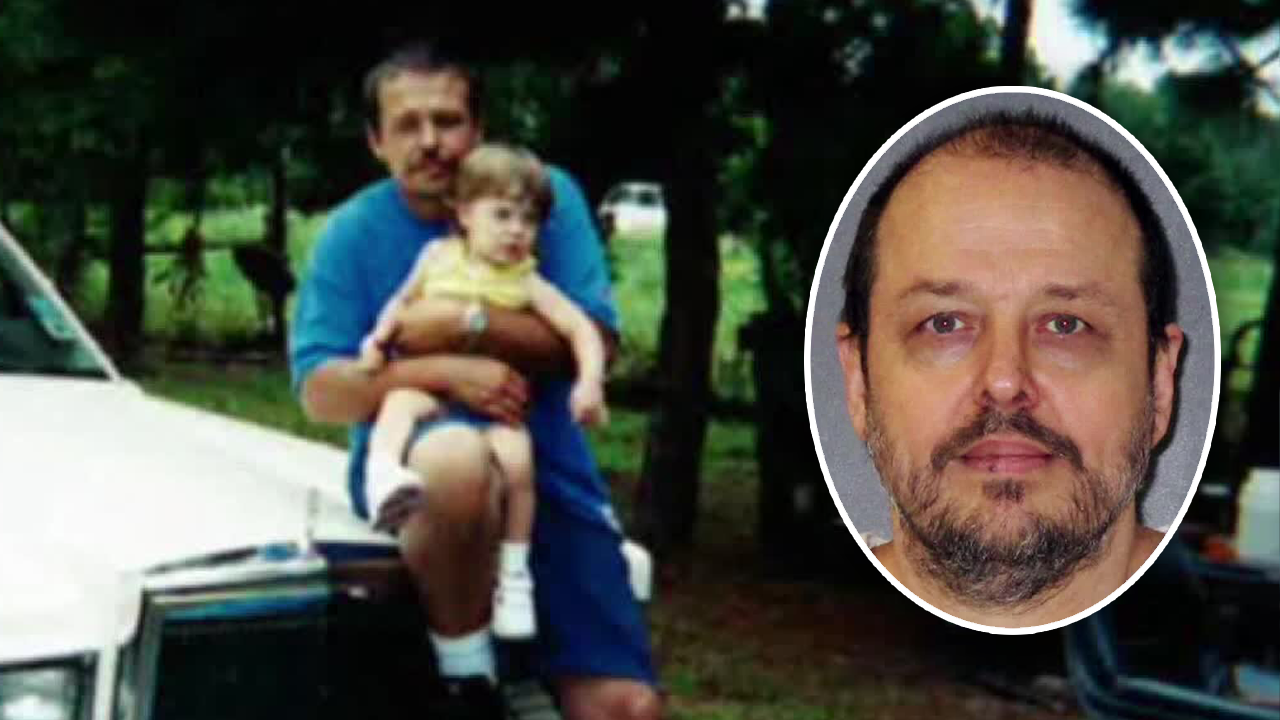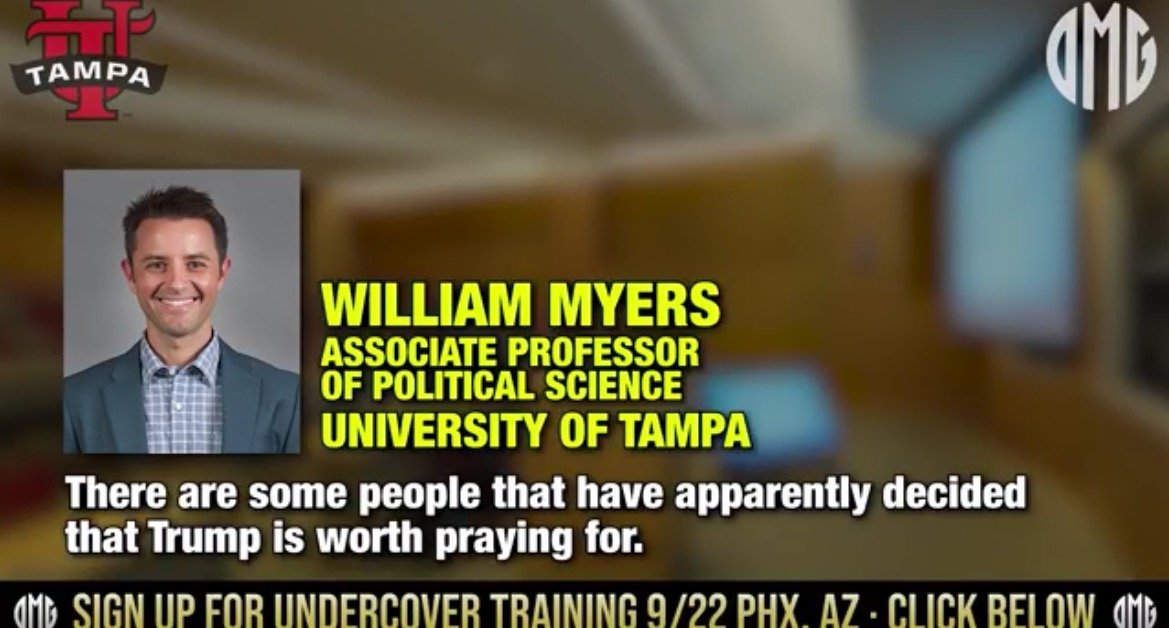
Robert Roberson, the Texas man set to be executed next month for the death of his infant daughter in 2002, will not seek clemency, his attorney said Wednesday.
Instead, Roberson’s defense is asking for a new trial in the case, claiming that new evidence could lead to his exoneration after his conviction based, at least in part, on “junk science.”
No clemency for Robert Roberson
What’s new:
After last year’s failed appeal for clemency ahead of Roberson’s Oct. 17, 2024, execution date, the convict’s team is trying a different tactic.
In a Wednesday statement from Gretchen Sween, Roberson’s attorney, the defense now sees clemency as a “grossly inadequate remedy” to the man’s conviction, which they consider wrongful.
Thursday marks the final day to file a petition with the Texas Board of Pardons and Paroles for clemency.
Instead, the team is asking for a new trial to prove his innocence.
What they’re saying:
“A commutation of sentence is not justice for an innocent man who was wrongfully convicted of a crime that never occurred,” Sween said. “Relief for Mr. Roberson must come from the courts.”
Experts on autism, which Roberson, 58, was diagnosed with after he was already convicted, have weighed in on the case.
“We urge Texas leaders to recognize how Mr. Roberson’s then-undiagnosed autism shaped the way hospital staff and law enforcement misjudged him,” said Jacquie Benestante, Executive Director of the Autism Society of Texas. “He didn’t appear in the way they expected a concerned father to act because of his autism, not because of a lack of emotion.”
Another expert believes that Roberson’s mannerisms may have contributed to his conviction.
“Robert Roberson’s case is the most extreme example of a persistent problem, in which misperceptions about autistic people contribute to their wrongful convictions and excessive punishments,” said Dr. Natalie Montfort, an autism specialist based in Houston.
Robert Roberson ‘shaken baby’ conviction
The backstory:
Roberson, 58, was convicted in 2003 of killing his 2-year-old daughter in Palestine, Texas in 2002.
He took her to the emergency room with a high fever, where medical staff determined her condition was consistent with “shaken baby syndrome.”
Roberson’s attorneys have challenged that diagnosis, calling it “junk science.” They say Nikki died from natural causes, likely undiagnosed pneumonia.
Robert Roberson’s stay of execution
Dig deeper:
The last attempt to execute Roberson was halted by an emergency decision by a Texas court in the final hour of the day of his planned death.
After his team had filed for clemency, begged for a retrial, and petitioned the Texas Supreme Court to intervene, the Texas House Committee on Criminal Jurisprudence finally issued a subpoena that threw a wrench in the works.
The committee’s move caused the Supreme Court to pause the execution to review the request, and ended up delaying another execution date until almost exactly one year later.
What’s next:
If Roberson’s Oct. 16 execution goes through, he would be the first person in the US to be executed based on a shaken baby conviction.



